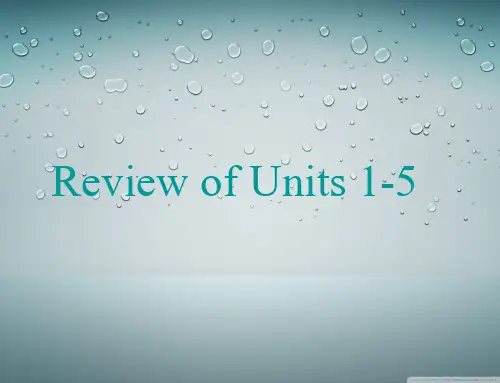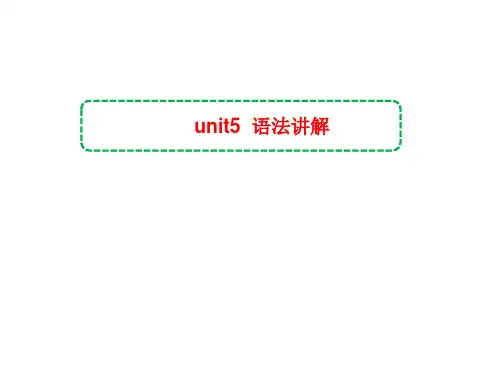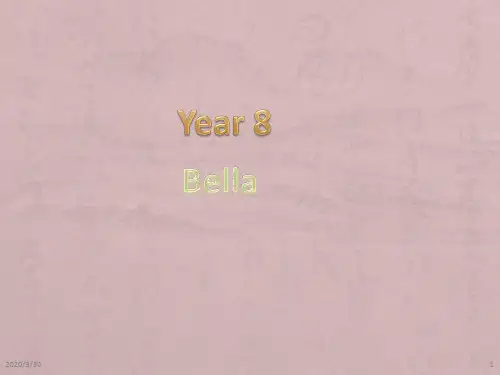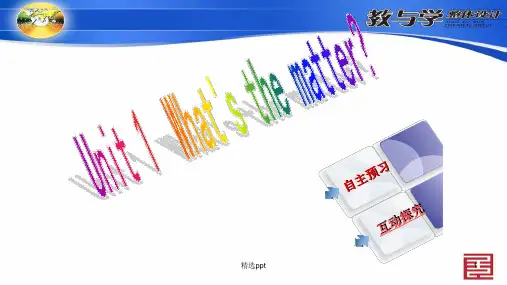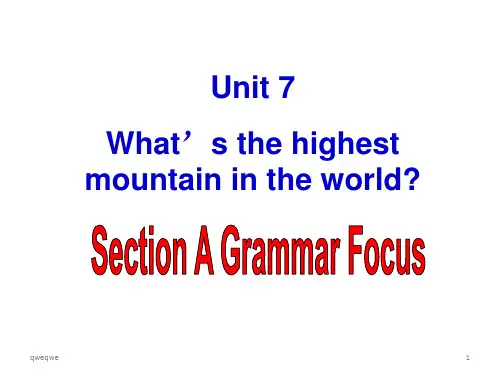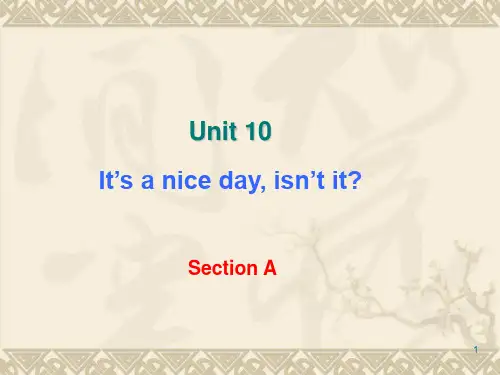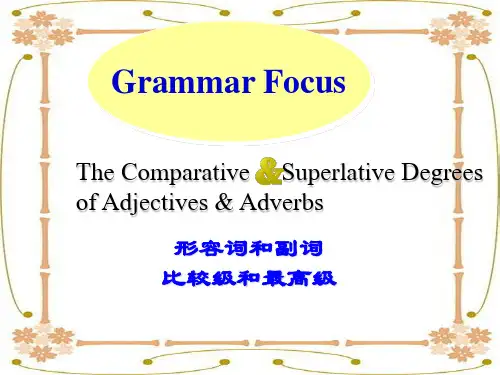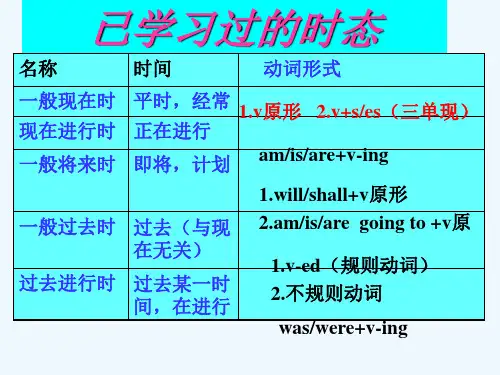It’s a nice day, isn’t it? Yes, it is.
3
She’s a beautiful girl, isn’t she?
Yes, she is.
4
He can speak English, can’t he?
Yes, he can.
5
You’re 13 years old, aren’t you?
பைடு நூலகம்
12
③ 陈述句中含有 never, few, little, hardly,
nothing, nobody, seldom等具有否定意义 的词,其后面疑问部分用肯定形式。
There is nobody in the room, is there? You have never been to Shanghai, have you? Robin only did little homework, did he?
No, I’m not. I’m 14.
6
反意疑问句
7
反意疑问句表示说话人对所陈述的事情有所怀 疑或不确定,想通过对方的答语加以肯定或否 定。
1. 主语、时态一致
He will come back in a week, won’t he?
2. 前肯后否,前否后肯
There aren’t any trees beside the road, are there?
4. They went to the park last week, didn’t they ?
5. She will have a long holiday, won’t she ?
6. Li Lei is reading a story book, isn’t he

